PREVIEW
Guests heard on Volume 145
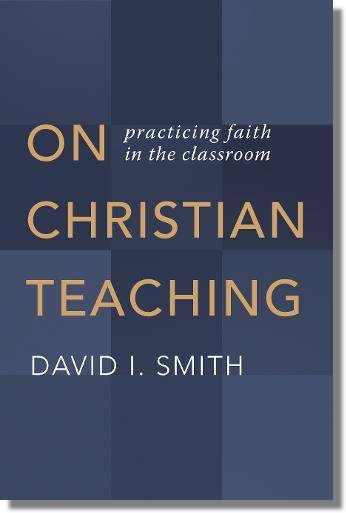
David I. Smith, author of On Christian Teaching: Practicing Faith in the Classroom, on Christian teaching as a set of practices that accord with Christian content
read more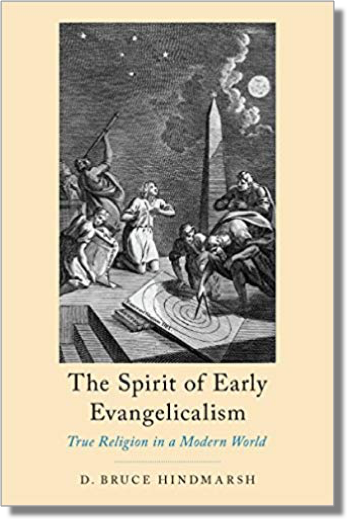
Bruce Hindmarsh, author of The Spirit of Early Evangelicalism: True Religion in a Modern World, on the rise of the conversion narrative in early Evangelicalism
read more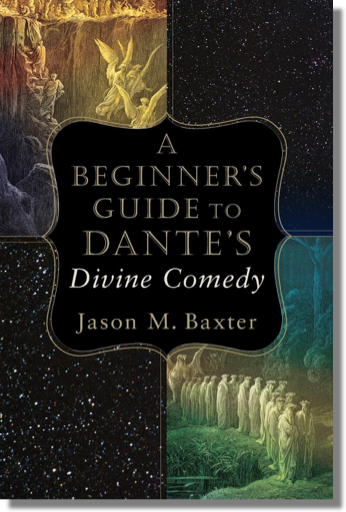
Jason Baxter, author of A Beginner’s Guide to Dante’s Divine Comedy, on the psychological subtlety in Dante’s Divine Comedy
read more
John Fea, author of Believe Me: The Evangelical Road to Donald Trump, on the entanglement of American evangelicals and politics
read more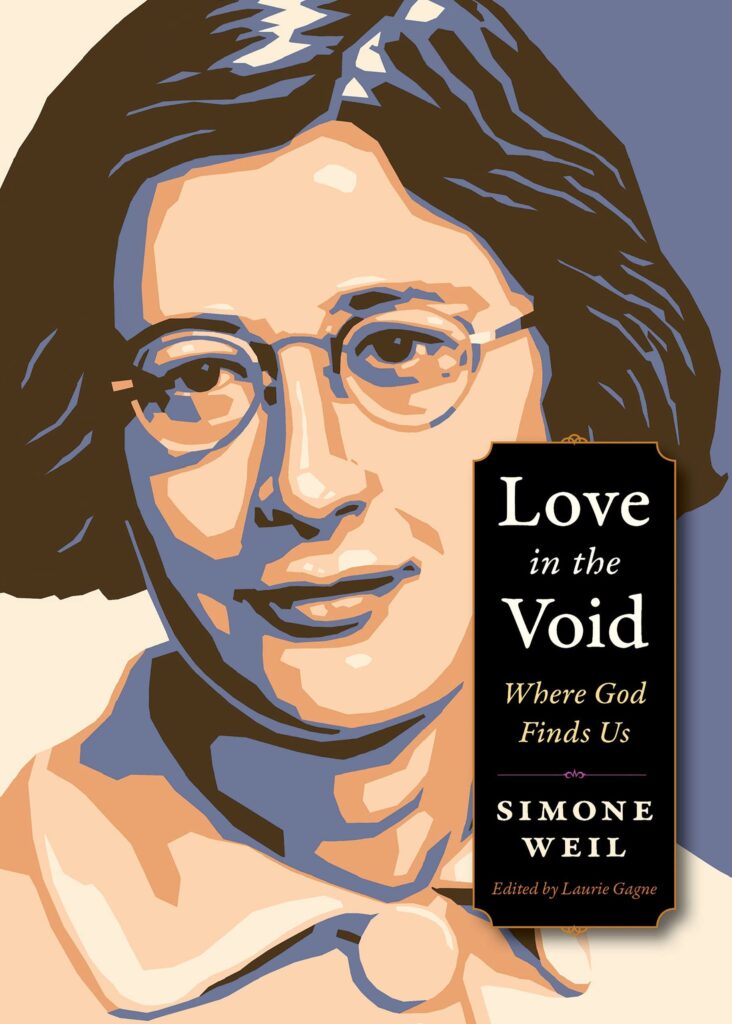
Laurie Gagne, editor of Love in the Void: Where God Finds Us, on the spiritual longing of French philosopher Simone Weil
read more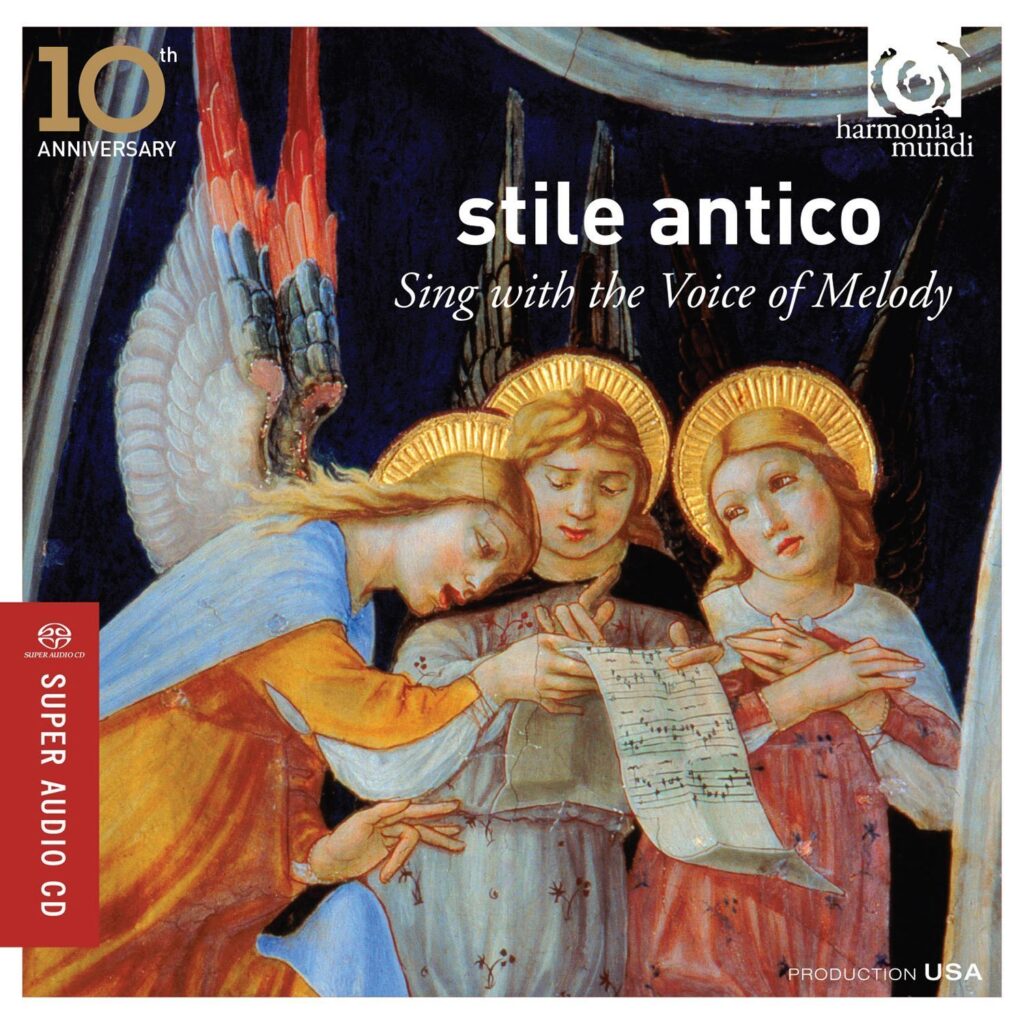
Matthew O’Donovan on singing Renaissance polyphony with the ensemble Stile Antico
read moreRelated reading and listening
- To see people as people — Anthony Bradley argues that a recovery of Christian personalism is needed to counter the dehumanization, polarization, and tribalism of our day. (45 minutes)
- Countering American apathy toward history —
FROM VOL. 124 Historian John Fea discusses how American and Protestant individualism continues to influence our orientation toward the past. (22 minutes) - Education that counters alienation — In this lecture, Jeanne Schindler explores how digital technologies warp not only education but our experience of being human. (30 minutes)
- Education vs. conditioning — Education necessarily involves metaphysical and theological preconditions, and Michael Hanby argues that our current education crisis is a result of society rejecting these preconditions. (41 minutes)
- Knowing by heart — D. C. Schindler reflects on Plato’s idea of “conversion” in education, assuming the symbol of the heart as the center of man. (39 minutes)
- Laity as the “muscle” behind world-building — Andrew Willard Jones calls for the renewal of a robust understanding of the role of the laity in actively shaping the world. (39 minutes)
- Education as a pilgrimage and a mystery — In this lecture, James Matthew Wilson gives a compelling argument for understanding the role of a literary or poetic education as an immersion of the whole being in truth and beauty. (43 minutes)
- Submission to mathematical truth — In this lecture, Carlo Lancellotti argues that integration of the moral, cognitive, and aesthetic aspects of mathematics is needed in a robust liberal arts mathematics curriculum. (25 minutes)
- Early evangelical response to C. S. Lewis — Historian Mark Noll discusses the reasons why American evangelicals were initially slow to warm to Lewis. (15 minutes)
- What higher education forgot —
FROM VOL. 84 Harry L. Lewis discusses higher education’s amnesia about its purposes, and how that shortchanges students. (19 minutes) - The formation of affections —
FROM VOL. 101 James K. A. Smith explains how education always involves the formation of affections and how the form of Christian education should imitate patterns of formation evident in historic Christian liturgy. (15 minutes) - A Christian philosophy of integrated education —
FROM VOL. 61 Michael L. Peterson discusses how Christianity could inform society’s understandings of education and human nature. (8 minutes) - Education for human flourishing — Co-authors Paul Spears and Steven Loomis argue that Christians should foster education that does justice to humans in our fullness of being. (23 minutes)
- The social irrelevance of secular higher education —
FROM VOL. 85 Professor C. John Sommerville describes the increasingly marginal influence of universities in our society, and why they seem to be of no substantive relevance to people outside the school. (13 minutes) - The history of Christianity and higher education —
FROM VOL. 50 In tracing Christianity’s relationship to the academy, Arthur F. Holmes points to Augustine as one of the first to embrace higher learning, believing God’s ordered creation to be open to study by the rational mind of man. (9 minutes) - In praise of a hierarchy of taste — In a lecture at a CiRCE Institute conference, Ken Myers presented a rebuttal to the notion that encouraging the aesthetic appreciation of “higher things” is elitist and undemocratic. (58 minutes)
- America’s not-so-Christian past — In a conversation from 2012, historian John Fea discusses the idea of America as a Christian nation. (27 minutes)
- How music reflects and continues the created order — Musician, composer, and teacher Greg Wilbur explores how music reflects the created order of the cosmos. (55 minutes)
- On wonder, wisdom, worship, and work — Classical educator Ravi Jain dives deeply into the nature, purpose, and interconnectedness of the liberal, common, and fine arts. (43 minutes)
- Orienting reason and passions — In an essay titled “The Abolition of Mania” (Modern Age, Spring 2022), Michael Ward applies C. S. Lewis’s insights to the polarization that afflicts modern societies. (16 minutes)
- Baxter, Jason M. — FROM THE GUEST PAGE: Jason M. Baxter is a speaker, author, and college professor, whose specialty is the intersection of religion and literature, especially in the Middle Ages.
- Christian education and pagan literature — Kyle Hughes on learning from Basil of Caesarea about the curricular choices for Christian educators
- Smith, David I. — FROM THE GUEST PAGE: Dr. David I. Smith has written widely and worked extensively with educators at all levels of education on questions of how faith relates to the practice of teaching.
- Hindmarsh, Bruce — FROM THE GUEST PAGE: Bruce Hindmarsh is the James M. Houston Professor of Spiritual Theology and Professor of the History of Christianity at Regent College, Vancouver, B.C.
- In tune with the muses of Zion — Ken Myers on the Christmas music of Michael Praetorius
- In dulci jubilo — Ken Myers introduces some of the music for the season composed by Michael Praetorius (1571–1621), best known for his settings of Es ist ein Ros entsprungen (“Lo how a rose e’er blooming”) and In dulci jubilo. (18 minutes)
- Mars Hill Audio Journal, Volume 160 — FEATURED GUESTS: Jessica Hooten Wilson, Kyle Hughes, Gil Bailie, D. C. Schindler, Paul Tyson, and Holly Ordway
- Teaching for wonderfulness — Stratford Caldecott on why education is about how we become more human, and therefore more free
- Education and human be-ing in the world — In championing a classical approach to teaching, Stratford Caldecott was an advocate for a musical education, affirming the harmonious unity in Creation. (26 minutes)
- Maintaining a connected grasp of things — Ian Ker summarizes the central concern of John Henry Newman’s educational philosophy as developed in The Idea of a University
- The university and the unity of knowledge — Biographer Ian Ker discusses John Henry Newman’s understanding the goal of “mental cultivation.” (17 minutes)
- The future of Christian learning — Historian Mark Noll insists that for Christian intellectual life to flourish, a vision for comprehensive and universal social and cultural consequences of the Gospel has to be assumed. (18 minutes)
- Earthly things in relation to heavenly realities — In this lecture, Ken Myers argues that the end of education is to train students to recognize what is really real. The things of this earth are only intelligible in light of heavenly realities. (59 minutes)
- Sustaining a heritage of wisdom — Louise Cowan (1916–2015) explains how the classics reach the deep core of our imagination and teach us to order our loves according to the wholeness of reality. (16 minutes)
- Parsing the intellectual vocation — Norman Klassen and Jens Zimmermann demonstrate that some form of humanism has always been central to the purposes of higher education, and insist that the recovery of a rich, Christocentric Christian humanism is the only way for the university to recover a coherent purpose. (39 minutes)
- Mars Hill Audio Journal, Volume 155 — FEATURED GUESTS: Donald Kraybill, Thaddeus Kozinski, David Bentley Hart, Nigel Biggar, Ravi Scott Jain, and Jason Baxter
- Teachers and Learners — Ian Ker shares John Henry Newman’s ideals of learning, and Mark Schwehn discusses the virtues of good teachers. (27 minutes)
- Before Church and State — Andrew Willard Jones challenges some of the conventional paradigms of thinking about political order, arguing that modern assumptions of the relationship between Church and state color how we understand history. (54 minutes
- With Eastern eyes — Paul Valliere and Vigen Guroian discuss questions of law, politics, and human nature from the Orthodox tradition. (34 minutes)
- Mars Hill Audio Journal, Volume 153 — FEATURED GUESTS: Charles C. Camosy, O. Carter Snead, Matt Feeney, Margarita A. Mooney, Louis Markos, and Alan Jacobs
- Visionary education — Josef Pieper on the mistake of confusing education with mere training
- The light shines in the darkness — Physicist David Park explores the physical, aesthetic, and spiritual aspects of light, considering the phenomenon of light in profound ways, from spiritual meanings embedded in our culture to the challenging questions put forth by great scientists and philosophers. (17 minutes)
- On the re-enchantment of education — Stratford Caldecott on teaching in light of cosmic harmony
- Healthy habits of mind — Scott Newstok describes how many efforts at educational reform have become obstacles to thinking well, and he offers a rich and evocative witness to a better way of understanding what thinking is. (20 minutes)
- Mars Hill Audio Journal, Volume 151 — FEATURED GUESTS: Richard Stivers, Holly Ordway, Robin Phillips, Scott Newstok, Junius Johnson, and Peter Mercer-Taylor
- Wise use of educational technologies — David I. Smith articulates the difficulties Christian schools face as they seek to use technology in a faithful way. (24 minutes)
- Educational provocations — Steve Talbott on establishing ends for education before selecting means
- The flickering of the American mind — Diana Senechal on problems of distraction in education
- Mars Hill Audio Journal, Volume 150 — FEATURED GUESTS: David I. Smith, Eric O. Jacobsen, Matthew Crawford, Andrew Davison, Joseph E. Davis, and Rebecca Konyndyk DeYoung
- Renaissance music for Good Friday — In a special Feature for Good Friday, Ken Myers shares settings of passages from the Book of Lamentations and of the Tenebrae Responsories by Tomás Luis de Victoria. (18 minutes)